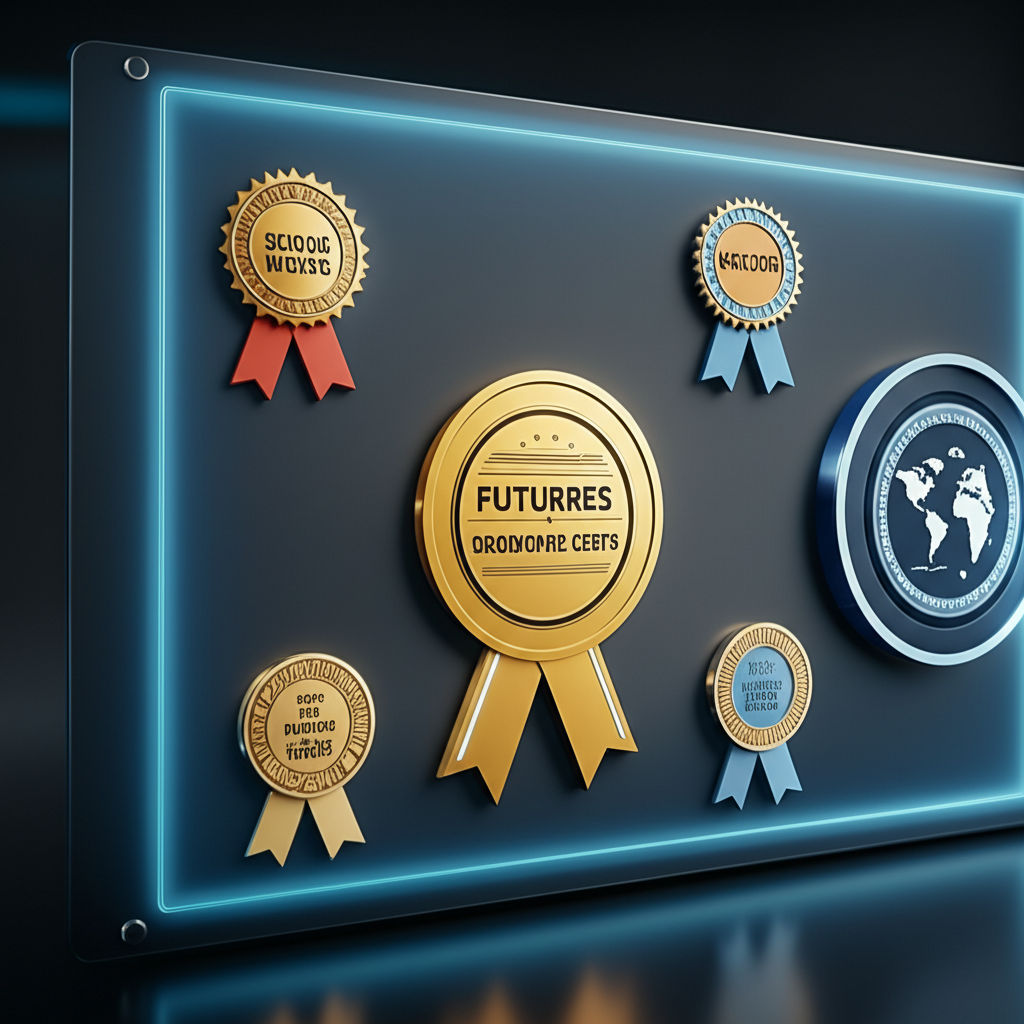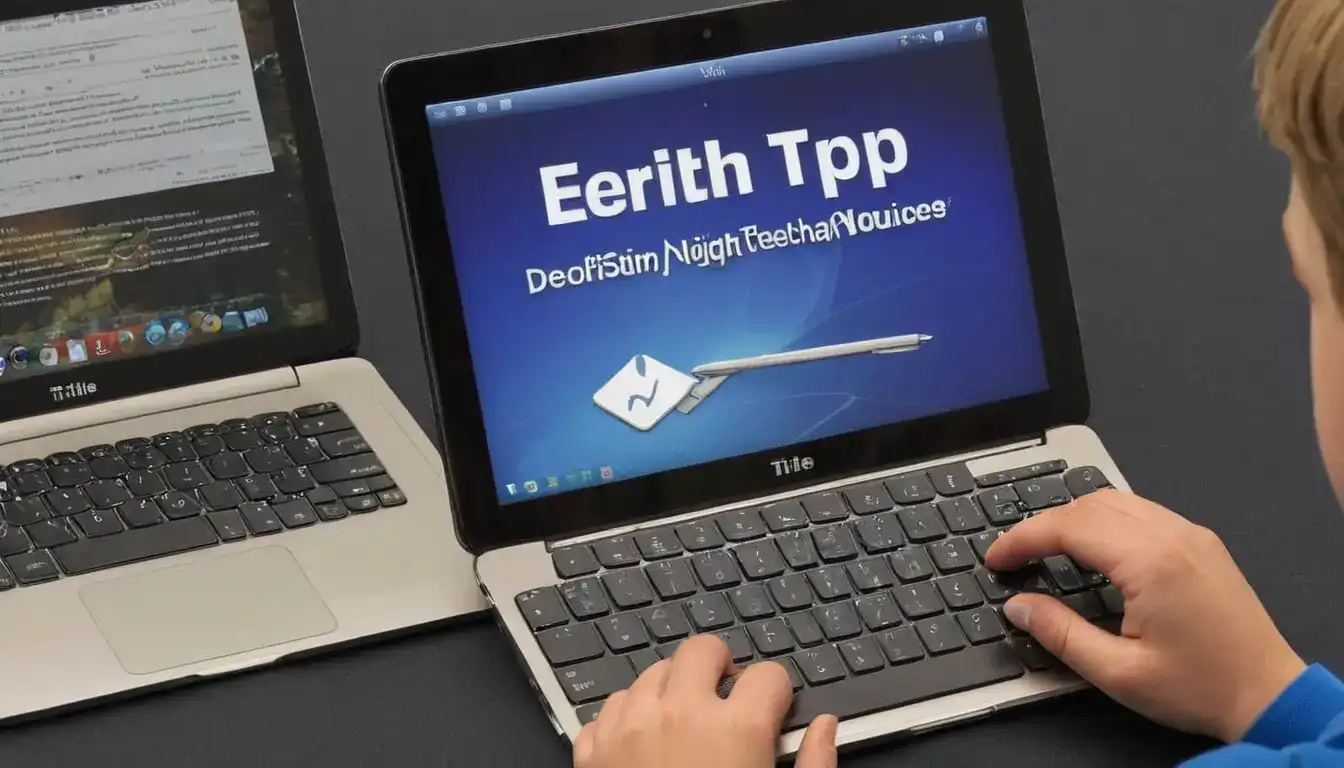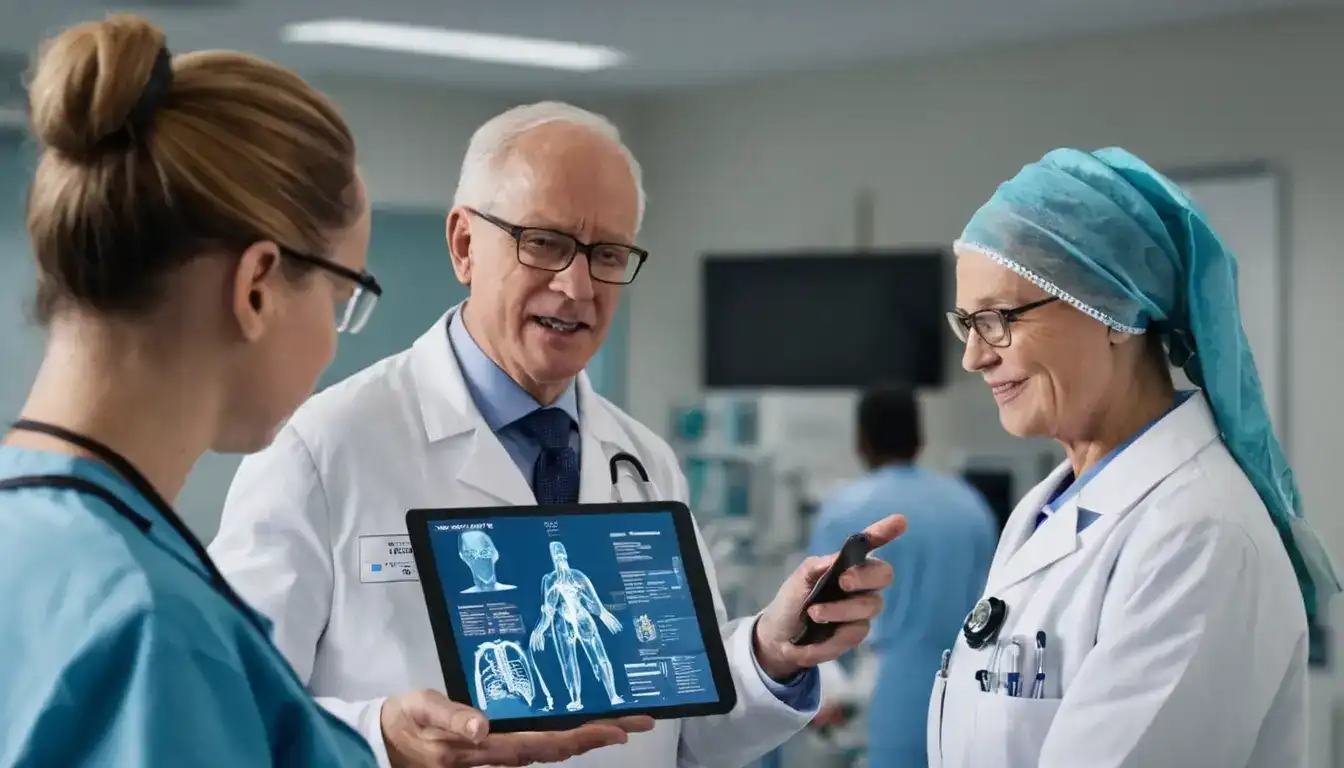Strategies to Eliminate Distractions and Improve Focus
Emily Willis

Photo: Strategies to Eliminate Distractions and Improve Focus
In today's fast-paced and demanding world, the ability to focus and maintain concentration is more important than ever. Distractions are everywhere, vying for our attention and threatening to derail our productivity. To succeed and achieve our goals, it's essential that we develop strategies to minimize distractions and enhance our ability to focus.
This comprehensive guide will provide you with practical tips and techniques to improve your concentration, overcome distractions, and boost your overall productivity. It's time to reclaim control over your attention, enhance your performance, and unlock your true potential.
Outline:
- Understanding the Impact of Distractions
- Identify Your Distraction Triggers
- Creating an Environment Conducive to Focus
- Enhancing Your Attention Span
- Managing Digital Distractions
- Techniques for Improving Concentration
- Mindfulness and Focus
- Effective Time Management for Better Focus
- Enhancing Focus Through Self-Care
- Maintaining Focus in a Team Environment
Understanding the Impact of Distractions
Before delving into strategies to eliminate distractions, let's recognize the significant impact they can have on our lives. Distractions are any factors that divert our attention away from the task at hand, disrupting our focus and impeding our progress.
Whether it's constant notifications, social media scrolling, chatty colleagues, or a busy environment, distractions fragment our attention, lead to procrastination, and hinder our ability to think clearly and perform at our best. They not only affect our productivity but also our overall well-being, causing increased stress, anxiety, and a sense of overwhelm.
By understanding the negative consequences of distractions, we can develop a stronger motivation to address them and cultivate a deeper sense of focus and presence in our daily lives.
Identify Your Distraction Triggers
The first step toward minimizing distractions is identifying your specific triggers. Everyone has different sources of distraction, and recognizing yours will help you develop tailored strategies to overcome them. Take some time to reflect on the following questions:
- What pulls your attention away from the task at hand?
- Are there certain people, places, or activities that make it harder for you to concentrate?
- What digital distractions do you frequently encounter?
- Are there specific times of the day when you find it more challenging to focus?
By understanding your unique distraction triggers, you can create targeted solutions and establish boundaries to protect your focus.
Creating an Environment Conducive to Focus
Your physical and digital environment plays a significant role in influencing your ability to concentrate. To enhance your focus, it's important to create an environment that minimizes distractions and promotes concentration. Here's how you can set up your surroundings for improved focus:
Physical Environment
- Find a Quiet Space: Seek out a quiet and secluded workspace, away from busy areas or high-traffic zones. Libraries, co-working spaces, or a dedicated home office can provide a more focused environment.
- Minimize Visual Clutter: A cluttered space can lead to a cluttered mind. Keep your workspace organized and tidy to promote a sense of calm and enhance your ability to concentrate.
- Ensure Adequate Lighting: Natural light improves alertness and reduces eye strain. Position your desk near a window to benefit from daylight, and use task lighting to avoid glare and create a pleasant working atmosphere.
- Maintain a Comfortable Temperature: Extreme temperatures can be distracting and affect your productivity. Ensure your workspace is well-ventilated and maintained at a comfortable temperature.
- Consider Background Noise: Some people focus better with background noise, while others prefer complete silence. Experiment with white noise, instrumental music, or nature sounds to find what helps you concentrate best.
Digital Environment
- Turn Off Notifications: Notifications from emails, social media, and messaging apps are constant distractions. Turn them off during focus periods to prevent interruptions.
- Use Focus Modes: Many devices offer focus modes that block specific apps or notifications during designated times. Utilize these modes to create a distraction-free digital environment.
- Utilize Website-Blocking Apps: Apps like Freedom or Cold Turkey allow you to block access to distracting websites during specified periods, helping you stay on task.
Enhancing Your Attention Span
Improving your attention span is crucial for enhancing focus and concentration. By strengthening your ability to sustain attention, you'll be better equipped to resist distractions and maintain concentration for extended periods. Here's how you can boost your attention span:
- Practice Mono-Tasking: Instead of multitasking, focus on one task at a time. Mono-tasking improves concentration and reduces cognitive load, making it easier to resist distractions.
- Meditate: Meditation improves focus and trains your brain to stay on task. Start with short sessions and gradually increase the duration. Mindfulness meditation, in particular, helps cultivate a calm and focused mind.
- Train Your Brain: Engage in activities that challenge your brain, such as puzzles, memory games, or learning a new skill. These activities enhance cognitive function and improve your ability to concentrate.
- Exercise Regularly: Physical activity boosts brain function and improves focus. Incorporate aerobic exercise, such as walking, running, or swimming, into your routine to enhance your attention span.
- Improve Your Sleep: Adequate sleep is essential for optimal brain function. Establish a consistent sleep schedule, aim for 7-9 hours of quality sleep each night, and create a relaxing bedtime routine to improve your focus and concentration.
Managing Digital Distractions
Digital distractions are a significant challenge in today's technology-driven world. Emails, social media, and the constant stream of notifications can quickly derail your focus. To improve your concentration, it's crucial to establish control over these digital distractions:
- Set Clear Boundaries: Define specific times for checking emails and social media. During focus periods, turn off notifications, close unnecessary tabs, and silence your devices to prevent interruptions.
- Use Website and App Blockers: Utilize website-blocking apps like Freedom or Cold Turkey to prevent access to distracting sites during designated focus periods.
- Create a 'Do Not Disturb' Mode: Activate 'Do Not Disturb' modes on your devices to silence notifications and incoming messages. You can also set specific allowances for important contacts.
- Delete Time-Wasting Apps: If certain apps or games are consuming too much of your time, consider deleting them or moving them to a less accessible folder on your device.
- Utilize Focus-Enhancing Tools: There are browser extensions and apps designed to improve focus. For example, Forest app encourages focus by growing a virtual tree while you work, and RescueTime provides detailed reports on your daily activities, highlighting areas for improvement.
Techniques for Improving Concentration
Enhancing your concentration involves training your brain to sustain attention and manage distractions effectively. Here are some techniques to help you improve your focus and productivity:
- The Pomodoro Technique: This involves working in focused 25-minute intervals, known as 'pomodoros,' followed by short breaks. After several cycles, take a longer break. This technique improves focus, productivity, and energy levels.
- Time Blocking: Allocate specific blocks of time for different tasks. This helps you stay focused by providing a clear structure and preventing task overwhelm.
- The 52-17 Rule: Inspired by the popular work culture in Japan, this technique involves 52 minutes of focused work followed by a 17-minute break. The break can be used for relaxation or a quick recharge.
- Single-Tasking: Instead of juggling multiple tasks, focus on one task at a time. This improves concentration, reduces cognitive load, and leads to higher-quality work.
- Use a Timer: Setting a timer creates a sense of urgency and helps you stay on task. It also prevents tasks from taking longer than necessary, ensuring you stay focused and efficient.
Mindfulness and Focus
Mindfulness practices, such as meditation and mindful breathing, are powerful tools for improving focus and concentration. They help calm the mind, reduce distractions, and enhance your ability to stay present.
- Meditate Daily: Start your day with a short meditation session or incorporate mindfulness breaks throughout your day. Even a few minutes of meditation can improve your focus and reduce stress levels.
- Practice Mindful Breathing: Throughout your day, pause and take a few deep, mindful breaths. This simple practice helps you reconnect with the present moment and improves your ability to concentrate.
- Notice Your Thoughts: During meditation or mindful moments, observe your thoughts without judgment. Acknowledge any distractions or wandering thoughts, then gently bring your attention back to the present.
- Cultivate Non-Judgment: When you do get distracted, avoid self-criticism. Instead, gently acknowledge the distraction and redirect your focus back to the task at hand.
- Incorporate Mindful Activities: Engage in mindful activities like yoga, tai chi, or mindful walking. These practices enhance your ability to stay present and improve overall focus.
Effective Time Management for Better Focus
Effective time management is crucial for improving focus. By allocating specific time slots for different tasks and activities, you can prevent overwhelm, reduce stress, and enhance your ability to concentrate.
- Create a Schedule: Plan your day by blocking out time for specific tasks and activities. A clear schedule provides structure and helps you stay focused on the present moment.
- Prioritize Tasks: Identify the most important and urgent tasks, ensuring they receive your full attention. Use techniques like the Eisenhower Matrix (categorizing tasks by importance and urgency) to prioritize effectively.
- Break Tasks into Manageable Steps: Large or complex tasks can be overwhelming, leading to procrastination. Break them down into smaller, achievable steps to improve focus and motivation.
- Set Time Limits: Allocate a specific timeframe for each task to prevent them from consuming more time than necessary. This improves concentration and productivity.
Enhancing Focus Through Self-Care
Taking care of your physical and mental well-being is essential for improving focus and concentration. When you feel energized, rested, and healthy, it's easier to maintain attention and resist distractions. Here's how self-care can enhance your focus:
- Prioritize Sleep: Adequate sleep is crucial for optimal brain function. Establish a consistent sleep schedule, aim for 7-9 hours of quality sleep each night, and create a relaxing bedtime routine to improve focus and cognitive performance.
- Exercise Regularly: Physical activity boosts energy levels, improves mood, and enhances cognitive function. Incorporate aerobic exercise, strength training, and flexibility work into your routine for improved focus and overall well-being.
- Eat a Brain-Boosting Diet: Nourish your brain with a healthy diet. Include omega-3 fatty acids, complex carbohydrates, lean protein, and plenty of fruits and vegetables. Avoid excessive sugar and processed foods, which can lead to energy crashes and impaired concentration.
- Stay Hydrated: Dehydration can impact your cognitive function and energy levels. Drink plenty of water throughout the day to maintain focus and support your overall health.
- Take Regular Breaks: Short breaks improve concentration and prevent mental fatigue. Step away from your work, stretch, or take a short walk to recharge and refocus.
Maintaining Focus in a Team Environment
Effective collaboration and communication are crucial when working in a team environment. However, it can also present unique challenges for maintaining focus. Here's how you can enhance your concentration when working with others:
- Clear Communication: Ensure everyone understands the shared goals, tasks, and expectations. Clear communication reduces confusion, prevents distractions, and fosters a productive team environment.
- Establish Ground Rules: Set ground rules with your team to minimize distractions. This could include guidelines on meeting schedules, response times, and the use of technology during meetings.
- Designate Focus Time: Schedule dedicated focus time for individuals or the entire team. During this time, silence devices, avoid interruptions, and create an atmosphere conducive to concentration.
- Encourage Open Dialogue: Foster an environment where team members feel comfortable expressing their concerns or distractions. Open dialogue allows for timely resolution of issues and improved focus.
- Utilize Collaboration Tools: Leverage technology to facilitate efficient collaboration. Project management software, shared document editors, and video conferencing platforms enable effective teamwork while minimizing distractions.
Conclusion
Improving your ability to eliminate distractions and enhance focus is a transformative skill that will benefit all areas of your life. By implementing the strategies outlined in this guide, you can take control of your attention, improve your concentration, and boost your overall productivity.
Remember, developingfocus and concentration is a journey, and it may take time to see lasting results. Be patient with yourself, embrace the process of refinement, and seek out resources and tools that support your goals. With dedication and a willingness to persevere, you'll soon transform your relationship with distractions, unlocking a more focused, productive, and present version of yourself.
Latest ✨
View AllFuture-proof your career with micro-credentials & digital badges. Gain targeted skills fast & stay relevant in a rapidly changing world.
Emily Willis
Central banks play a crucial role in maintaining economic stability and promoting sustainable growth through their monetary policy decisions. They aim to achieve objectives such as price stability, full employment, and financial stability. Central banks use tools like interest rate setting, open market operations, reserve requirements, forward guidance, and quantitative easing to influence the economy. Monetary policy impacts inflation, employment, exchange rates, financial markets, and business and consumer confidence.
Emily Willis
incorporate daily wellness rituals into your routine to improve overall health, boost energy levels, and increase vitality. The book discusses practical wellness rituals such as hydration, stretching, healthy eating, mindfulness, and skincare that can be adopted to prioritize health and develop a balanced lifestyle.
Emily Willis
effective marketing strategies in today's competitive marketplace. It discusses the significance of understanding the target audience, building a strong brand identity, and implementing various marketing tactics to increase sales. Specific strategies such as video marketing, influencer marketing, optimizing customer experience, embracing omnichannel marketing, tracking performance, staying updated on trends, and continuous improvement are highlighted.
Emily Willis
Business
View All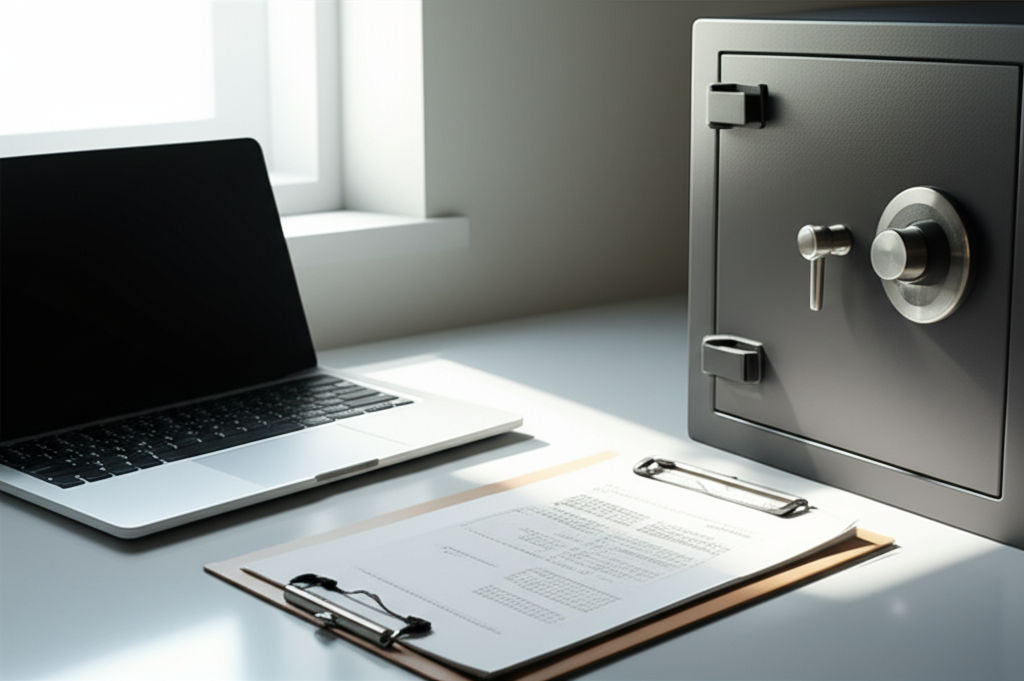
June 9, 2025
Risk Management: Protect Your BusinessUnlock business resilience! Master risk management to protect assets, enhance decision-making, minimize losses, and ensure sustainable growth in an uncertain wo...
Emily Willis

August 5, 2024
Effective Marketing Strategies to Increase Your Business Saleseffective marketing strategies in today's competitive marketplace. It discusses the significance of understanding the target audience, building a strong brand identity, and implementing various marketing tactics to increase sales. Specific strategies such as video marketing, influencer marketing, optimizing customer experience, embracing omnichannel marketing, tracking performance, staying updated on trends, and continuous improvement are highlighted.
Emily Willis

June 18, 2025
Crédit Immobilier : Taux & Conseils pour un Emprunt RéussiOptimisez votre crédit immobilier ! Découvrez les types de taux, comment les négocier et maximiser votre prêt en France. Guide complet pour réussir votre projet immobilier.
Emily Willis
Economy
View AllUnlock the secrets of national budget deficits & surpluses. Discover their direct impact on taxes, public services, jobs, and your nation's economic future.
Read MoreNavigating government debt: Explore its complexities, challenges, and actionable solutions for a healthy economy and a prosperous future.
Read MoreUnlock the power of education economics! Discover how investing in human capital drives economic growth, innovation, and shapes our collective future prosperity...
Read MoreEntertainment
View All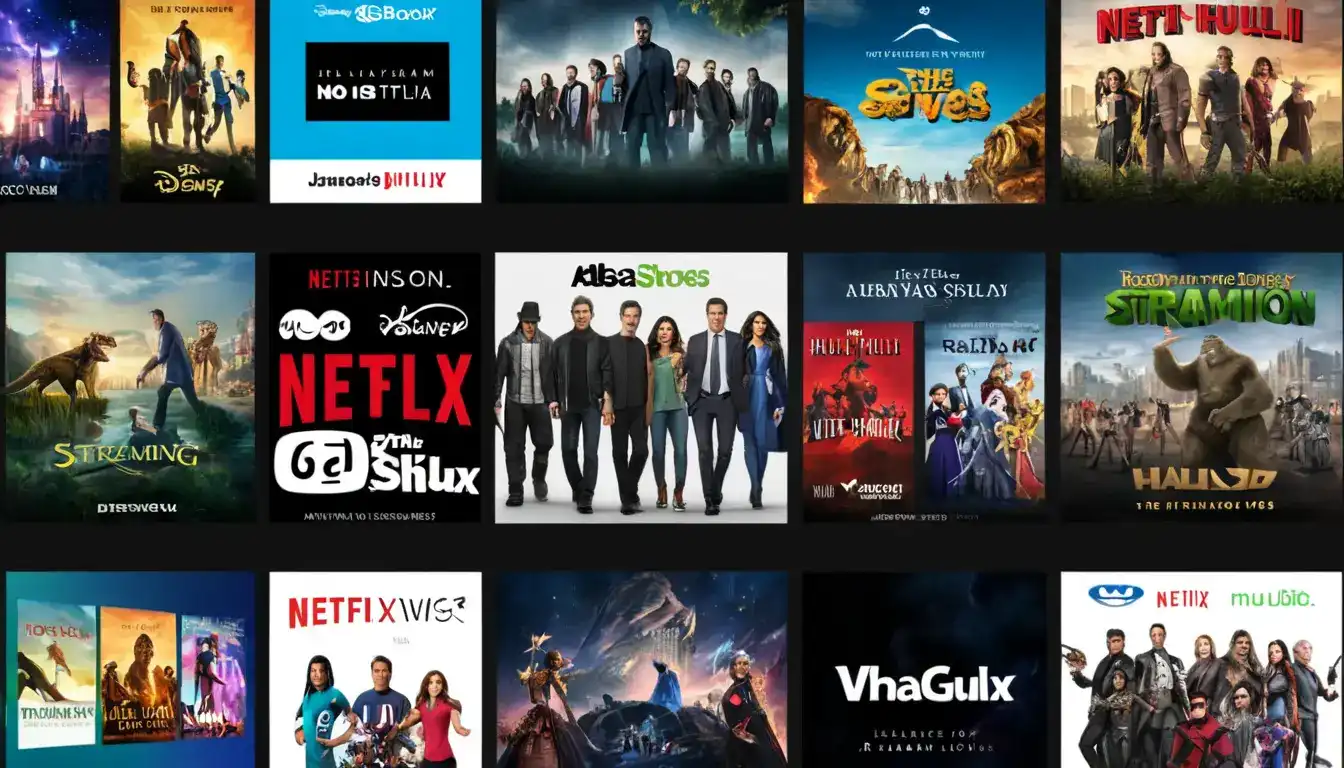
August 4, 2024
The Evolution of Streaming Services Such as Netflix, Disney+, Hulu, and the Implications for the Traditional Entertainment IndustryThe rise of streaming services has revolutionized the entertainment industry, offering on-demand access to a vast library of content through internet-connected devices. Platforms like Netflix, Disney+, and Hulu have diversified their content libraries, reshaped consumer behavior, and challenged traditional distribution models. Technological advancements have enhanced streaming experiences, while economic and cultural implications have led to global market expansion and increased investment in original content production. The future of the streaming industry will be shaped by competition, convergence of media and technology, and the need for adaptation to changing consumer preferences. Embracing digital transformation and strategic partnerships will be crucial for stakeholders in navigating the evolving landscape of modern entertainment.
Emily Willis

August 4, 2024
Profiles of Famous Artists Who Inspire the Younger Generationthe inspirational aspects of famous artists such as Vincent van Gogh, Frida Kahlo, Pablo Picasso, Banksy, Yayoi Kusama, Jean-Michel Basquiat, Georgia O'Keeffe, Andy Warhol, Kehinde Wiley, and Ai Weiwei. It highlights their perseverance, innovation, authenticity, social commentary, mental health advocacy, and representation, among other qualities, and how these aspects continue to inspire young artists to pursue their creative dreams.
Emily Willis

August 5, 2024
Video Games: Enduring Appeal, Immersive Worlds, and Diverse Genresenduring appeal of video games, highlighting their ability to transport players to fantastical realms, challenge their minds, and foster connections with others. It explores the magic of immersive worlds, the vast array of genres available, and the social power of gaming.
Emily Willis
Health
View AllIn today's fast-paced world, stress, anxiety, and depression are common mental health challenges that can affect our overall well-being. Understanding these issues and taking steps to manage them is important. Strategies for managing mental health include prioritizing self-care, practicing mindfulness and relaxation techniques, challenging negative thoughts, connecting with others, developing healthy coping mechanisms, managing time effectively, and seeking professional help when needed.
Emily Willis
cultivating healthy lifestyle habits to improve overall well-being. It focuses on three pillars of well-being: nutrition, exercise, and sleep. It provides tips on how to incorporate these practices into daily routines, such as eating a variety of foods, finding enjoyable forms of exercise, and establishing a consistent sleep schedule.
Emily Willis
The healthcare landscape is being transformed by technological advancements, with telehealth and remote care providing convenient access to healthcare services. Artificial intelligence is revolutionizing diagnostics, personalized medicine, and drug discovery. Wearable technology is empowering patients to take control of their health.
Emily Willis
Trending 🔥
View All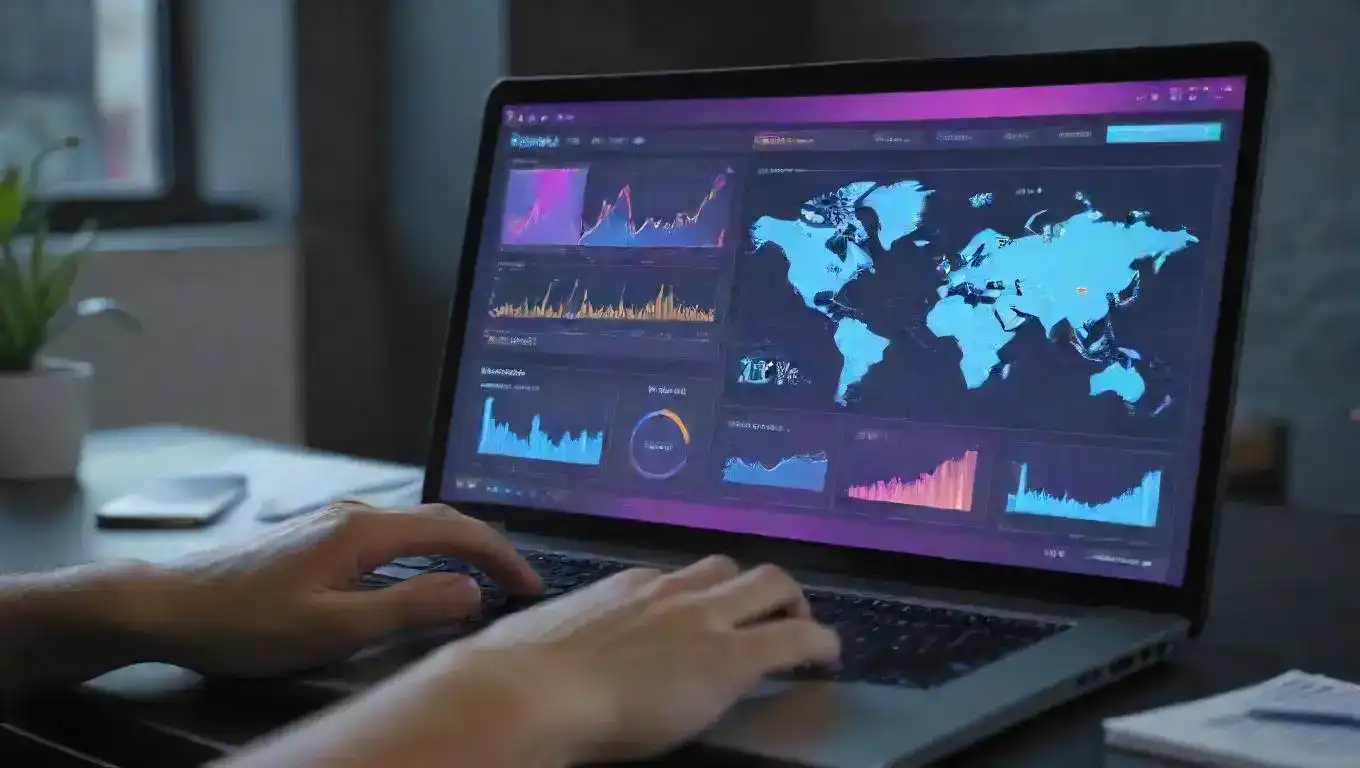
1
2
4
6
7
9
10
Lifestyle


Sports
View AllAugust 5, 2024
The Future of Sports: Anticipating Trends, Embracing Innovation, Shaping a New Era
Read MoreAugust 5, 2024
Inclusive Playing Field: Creating a Welcoming and Accessible Sports Environment
Read MoreTechnology
View All
August 5, 2024
Benefits of Using Cloud Computing for Your Business
Cloud computing has revolutionized business operations by offering cost savings, scalability, improved collaboration, enhanced security, and robust disaster recovery. It allows businesses to access services over the internet, reducing the need for physical infrastructure and providing flexibility.

August 5, 2024
The Future of Cybersecurity and Upcoming Challenges
cybersecurity in the digital age, highlighting key trends and challenges that will shape the future of cybersecurity. It addresses issues such as the increased use of AI and ML, the growth of IoT devices, ransomware attacks, cloud security, and supply chain attacks. It also outlines upcoming challenges in cybersecurity, including talent shortage, regulatory compliance, cybersecurity for remote work, quantum computing, and social engineering attacks.

August 5, 2024
What is Blockchain and How does it Work?
Blockchain technology is a decentralized digital ledger that records transactions securely and transparently across multiple computers. Key concepts include decentralization, cryptographic security, and consensus mechanisms. Transactions are verified, grouped into blocks, and added to the blockchain through a consensus process.

August 5, 2024
How to Choose the Right Cyber Security Solution for Your Business
In today's digital age, businesses face numerous cybersecurity threats and need to protect sensitive data. To choose the right cybersecurity solution, businesses should understand their specific needs, assess potential threats, evaluate different solutions, consider ease of use and integration, evaluate the provider's reputation and support, conduct a cost-benefit analysis, and implement and monitor the solution effectively.
